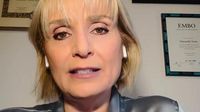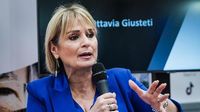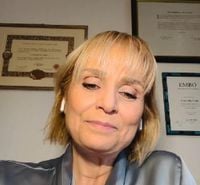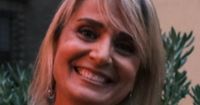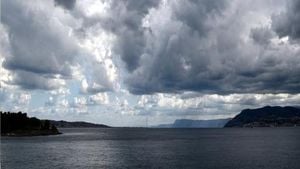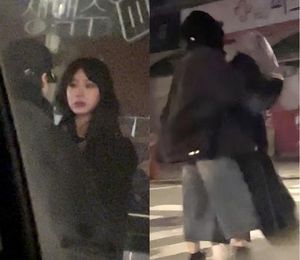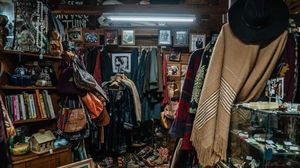In a significant decision that underscores the intersection of science and politics, Antonella Viola, an esteemed immunologist from Padua, has officially declined the offer from the center-left coalition to run as president of the Veneto Region in the upcoming elections. Viola, who shared her thoughts in a five-minute and eighteen-second video posted on her social media profiles on Monday, April 14, 2025, expressed her identity as a woman, mother, and scientist, emphasizing that her commitment to scientific research takes precedence over political ambitions.
Viola articulated her reasons for declining the candidacy, stating that while it would be important to give back to her region, she already contributes significantly to both Veneto and Italy through her scientific endeavors. "If I had to define myself, I am a woman, mother, and scientist," she said in her video. "I already give back not only to Veneto but to the entire country through my research." Her work in scientific research, particularly in health, is essential for the advancement of science, and she believes that maintaining autonomy is crucial for her mission.
In her message, Viola highlighted her role as an educator, teaching medicine and science to future doctors, and fostering a passion for science among her students. She stated, "I teach medicine, science to future doctors, necessary professionals in our territory. This way, we can cultivate a passion for science and inspire new scientists." Moreover, she described her third task as that of a science communicator, aiming to democratize science and make it accessible to all. "To do all this, one must be autonomous," she asserted.
Viola’s candidacy was seen as a potential fresh face for the center-left coalition, which has been seeking a strong candidate to challenge the long-standing dominance of the center-right in Veneto. However, she made it clear that entering politics would compromise her scientific integrity and independence. "Candidating with a political coalition would mean abdicating my mission as a woman of science, which requires neutrality. I do not belong to any party and I never will," she stated firmly.
Reflecting on her initial reaction to the proposal, Viola admitted that her first thought was that she was not capable of such a role. She recognized that this feeling stemmed from societal gender stereotypes. "Behind my initial response was the conditioning of gender stereotypes," she noted. In conversations with colleagues, many encouraged her to accept the offer, suggesting it would be a refreshing change for the region. However, Viola took time to reflect on these pressures, ultimately deciding that her responsibility to science outweighed the allure of political involvement.
Viola expressed a deep sense of responsibility towards the Veneto region, where she has lived and worked. "I studied in Veneto and feel a sense of responsibility towards the region where I live and work. It would be wonderful to give back what I have received from this territory, where I grew both personally and professionally," she explained. Yet, after careful consideration, she concluded that her commitment to scientific integrity must come first.
In her video, Viola emphasized, "I believe it is necessary for me to decline this offer, even though it is important. I thank you, but it really isn’t for me." She extended her best wishes to the candidates who will be nominated for the regional elections, expressing her willingness to provide advice if needed, but only from a distance and in an independent manner. "I will continue to follow my true passion, which is scientific research," she affirmed.
Viola's decision ignites a broader conversation about the role of scientists in politics. Can and should science enter the mechanisms of politics, or does it risk losing its neutrality and credibility by doing so? Viola’s stance suggests that while scientific expertise can inform policy, it does not necessarily have to govern. Her refusal to engage in direct political action is not a rejection of civic engagement but rather a testament to her commitment to maintaining the integrity of her scientific work.
As the center-left coalition searches for a new candidate to challenge the center-right’s long-standing rule in Veneto, Viola’s choice sends a powerful message to both the political and academic worlds. Being competent does not mean one must become a politician; rather, it means influencing and advising those in power with authority and rigor, without party affiliations.
Ultimately, Antonella Viola returns to her primary mission: scientific research, which she describes as "the true passion of my life." Her decision to prioritize her scientific career over a political one reinforces the importance of maintaining autonomy and intellectual freedom within the scientific community. As she continues her work, Viola stands as a role model for aspiring scientists, illustrating that one can contribute meaningfully to society without compromising one’s principles.

